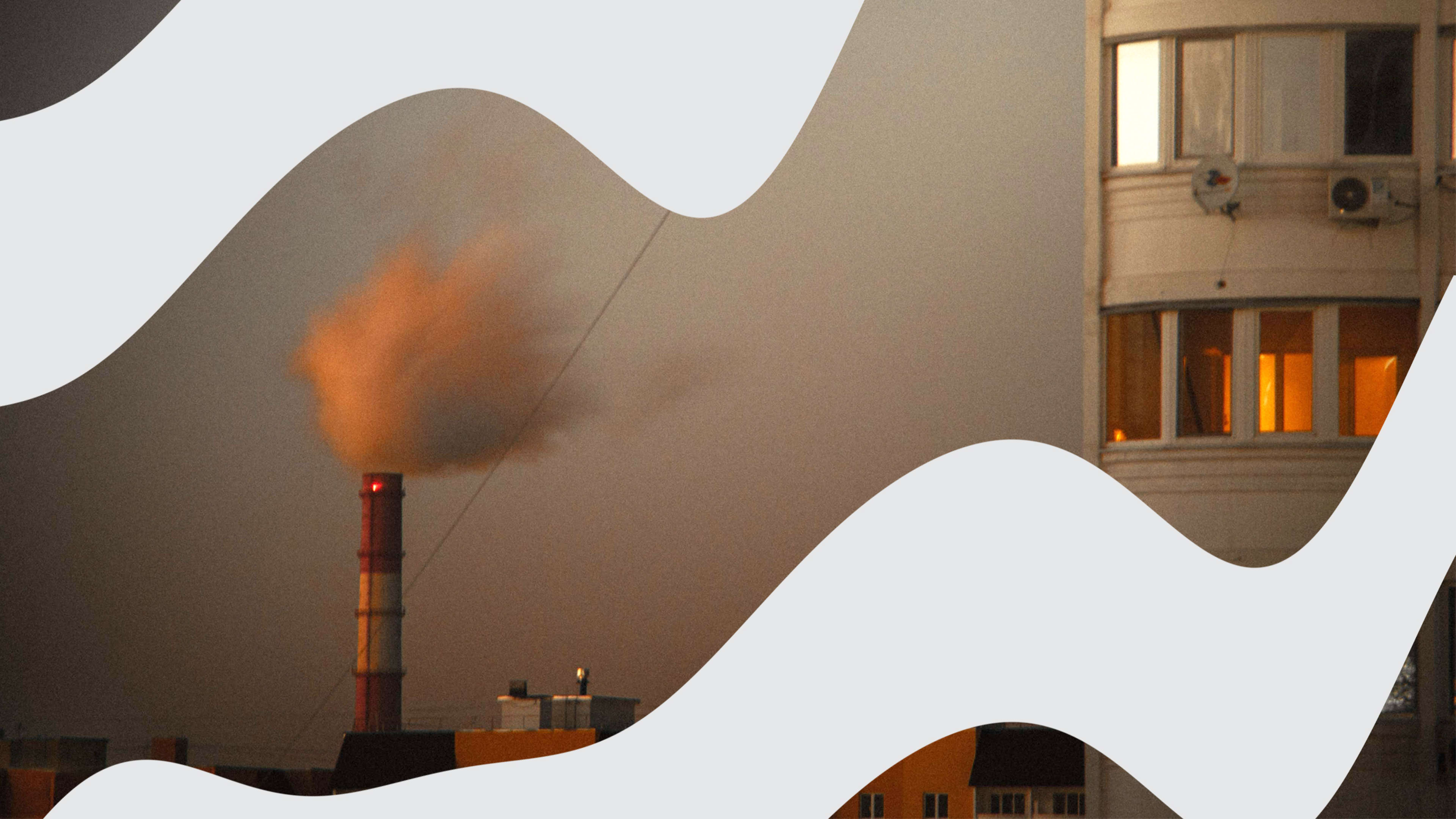Even before the spread of COVID-19, scientists had declared we were in the midst of an air pollution pandemic, with bad air responsible for 8.8 million premature deaths every year. Now, researchers better understand how these two crises are converging. Across the world, more than 1.1 million people have died of COVID-19, and 15% of those deaths, researchers estimate, could be attributed to long-term air pollution exposure.
The study, conducted by experts at the Max Planck Institute for Chemistry, the German Center for Cardiovascular Research, and more, builds on a previous report from Harvard University that found that someone living in an area with high pollution levels for decades is 8% more likely to die from COVID-19 than someone living with less pollution.
That Harvard study accounted for other mortality factors, such as the number of hospital beds available or comorbidities such as obesity and smoking, and looked at more than 3,000 counties across the U.S, comparing air pollution levels and coronavirus deaths in each area. The authors of this most recent study, published in the journal Cardiovascular Research, applied that same relationship to the rest of the world, using satellite data on global particulate matter exposure and epidemiological data gathered up to June 2020.
Globally, the study found that air pollution exposure may account for 15% of COVID-19 deaths. At the country level, the impact is even more pronounced. In the Czech Republic, researchers estimated that air pollution contributed to 29% of coronavirus deaths; in China, 27%; and in Germany, 26%. In the U.S., 18% of all COVID-19 deaths could be attributed to air pollution. In countries with lower levels of air pollution, the effect was smaller; in Australia, for instance, only 3% of COVID-19 deaths could be attributed to air pollution, researchers estimated.
This doesn’t mean there’s a direct cause-and-effect relationship between air pollution and COVID-19 deaths, the researchers write; rather, there is some relationship between the two that affects health outcomes. “People that have a precondition in terms of lung diseases or heart diseases have a much higher risk of dying from COVID-19. Air pollution affects the same types of mortality and the same diseases,” says Jos Lelieveld, an atmospheric chemist at the Max Planck Institute and one of the authors of this latest study. “It’s not coincidental that these effects are sort of enhancing each other.”
When we breathe polluted air, PM2.5—particulate matter 2.5 micrometers or less in size—can enter into our lungs and travel through our bloodstream, damaging our arteries and causing inflammation and oxidative stress, which has been linked to cancer, diabetes, high blood pressure, asthma, and other health impacts. SARS-CoV-2, the coronavirus that causes the disease COVID-19, does the same: entering our bodies through our lungs, traveling through our bloodstream, and damaging our arteries.
Air pollution also makes receptors on our cells called ACE-2 more active. Those receptors are involved in the way COVID-19 infects our bodies. What happens then is a “double hit,” the researchers explain: Air pollution damages the lungs and increases the activity of those receptors, which then take even more of the SARS-CoV-2 virus into the lungs and bloodstream.
“It’s important that people realize that air pollution really plays an important role in determining your overall level of health,” Lelieveld says. “Even though you may not immediately notice that there’s something wrong when you’re exposed to high levels of air pollution, it causes conditions that make you more sensitive to disease and dying from these diseases.”
Lelieveld hopes this research supports that realization and pushes people to do more to stem air pollution. While soon there may be a COVID-19 vaccine, there’s no vaccine for poor air or the effects of climate change. When the COVID-19 pandemic has passed, and the next pandemic comes, we may be at risk of more deaths again if we haven’t addressed pollution. “It’s extremely important that these vaccines and better cures are being developed,” he says. “But it’s also important that people realize that some of the factors that affect your health can only be dealt with if we start realizing that the way we’re treating our planet is not sustainable.”
Recognize your company's culture of innovation by applying to this year's Best Workplaces for Innovators Awards before the extended deadline, April 12.
